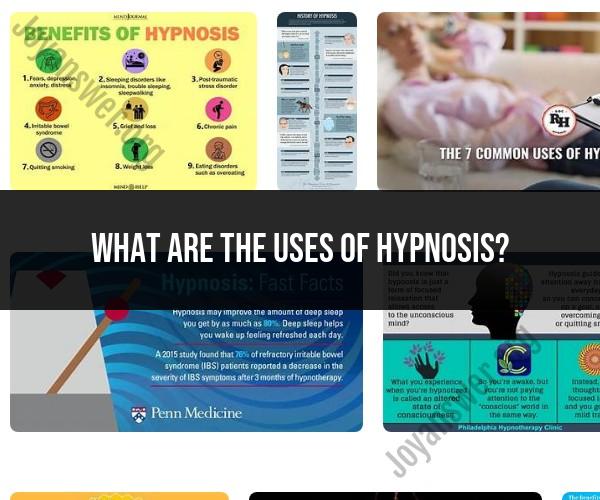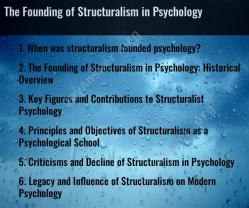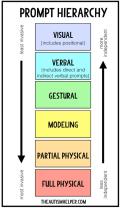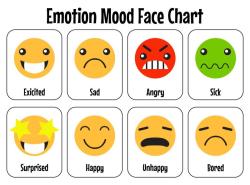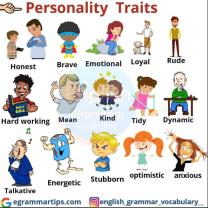What are the uses of hypnosis?
Hypnosis, a state of focused attention, deep relaxation, and heightened suggestibility, has various applications and potential benefits. Its uses can range from therapeutic to entertainment, but it's important to note that the effectiveness of hypnosis can vary from person to person. Here are some common uses of hypnosis:
Therapeutic Hypnosis: Hypnotherapy is a well-established field within psychology and medicine. Therapists use hypnosis to help individuals with a wide range of issues, including:
- Smoking Cessation: Hypnotherapy is sometimes used to assist people in quitting smoking by addressing the psychological aspects of addiction.
- Weight Loss: Hypnosis can be used to promote healthier eating habits and control overeating.
- Stress and Anxiety Management: Hypnotherapy can help individuals reduce stress, manage anxiety, and develop relaxation techniques.
- Pain Management: Hypnosis has been used to alleviate chronic pain, such as migraines and fibromyalgia, by altering perception and promoting relaxation.
- Phobias and Fears: Hypnotherapy can help individuals confront and overcome phobias and irrational fears.
- Insomnia: Hypnosis is sometimes used to address sleep disorders and improve sleep quality.
- Post-Traumatic Stress Disorder (PTSD): Hypnotherapy may be used as part of a broader treatment approach for individuals with PTSD.
- Improving Self-Confidence and Self-Esteem: Hypnosis can be used to boost self-esteem and self-confidence.
Enhancing Performance: Hypnosis is sometimes used by athletes, actors, and individuals in high-performance fields to improve focus, reduce performance anxiety, and boost confidence.
Pain Control: In medical and dental procedures, hypnosis may be used to manage pain and discomfort without the need for as much medication.
Behavior Modification: Hypnotherapy can assist with changing unwanted behaviors, such as nail-biting or hair-pulling (trichotillomania).
Enhancing Creativity: Some individuals use hypnosis to tap into their subconscious and enhance creativity or problem-solving skills.
Memory Improvement: Hypnosis can be used to enhance memory, recall, and concentration.
Entertainment: Stage hypnosis is a form of entertainment where hypnotists invite volunteers from the audience to perform amusing or dramatic acts while in a hypnotic state.
Regression Therapy: Some individuals use hypnosis to explore past lives or memories as part of a therapeutic or personal growth process.
Self-Improvement: People use self-hypnosis techniques to achieve personal goals, such as improving study habits, public speaking skills, or motivation.
Stress Reduction and Relaxation: Hypnosis can be used to induce relaxation and reduce stress, promoting overall well-being.
It's important to note that while hypnosis has been beneficial for many individuals, its effectiveness can vary, and not everyone is equally susceptible to hypnotic suggestions. When considering hypnosis for therapeutic purposes, it's essential to work with a qualified and experienced hypnotherapist who adheres to ethical guidelines and is trained to address specific issues.
Hypnosis should never be used as a substitute for medical or psychological treatment in cases of severe mental health conditions or medical problems. It should be integrated into a comprehensive treatment plan and used as a complementary approach with the guidance of a qualified healthcare professional.
Practical Uses of Hypnosis: An Introduction
Hypnosis is a state of heightened focus and concentration in which a person is more susceptible to suggestion. It has been used for centuries for a variety of purposes, including therapeutic and clinical applications, personal development, and wellness.
Hypnosis for Therapeutic and Clinical Applications
Hypnosis is increasingly being used in therapeutic and clinical settings to treat a variety of conditions, including:
- Anxiety and stress
- Pain management
- Depression
- Post-traumatic stress disorder (PTSD)
- Insomnia
- Eating disorders
- Smoking cessation
- Weight loss
- Skin conditions
- Chronic pain
Hypnosis can be used to help people manage their symptoms, change their behaviors, and improve their overall well-being.
Hypnosis in Personal Development and Wellness
Hypnosis can also be used for personal development and wellness purposes. For example, hypnosis can be used to:
- Boost confidence and self-esteem
- Improve focus and concentration
- Increase motivation and productivity
- Enhance creativity and problem-solving skills
- Overcome fears and phobias
- Reduce stress and anxiety
- Improve sleep quality
- Promote relaxation and well-being
Ethical Considerations in Hypnotherapy
It is important to note that hypnosis is not a magic bullet. It cannot cure all diseases or solve all problems. However, it can be a valuable tool for promoting change and healing.
It is important to choose a qualified and experienced hypnotherapist who adheres to ethical guidelines. Hypnotherapists should never use hypnosis to control or manipulate people, and they should always respect the client's autonomy.
Learning and Practicing Hypnosis Techniques
There are a number of different ways to learn and practice hypnosis techniques. You can take a hypnotherapy training course, read books and articles on hypnosis, or find online resources.
It is important to start by practicing self-hypnosis before trying to hypnotize others. This will help you to learn how to enter a hypnotic state and how to use hypnosis for your own benefit.
If you are interested in learning more about hypnosis, I recommend doing some research to find a qualified hypnotherapist or hypnotherapy training course. Hypnosis can be a powerful tool for personal development and healing, and it is important to learn how to use it safely and ethically.
